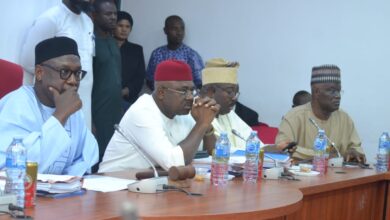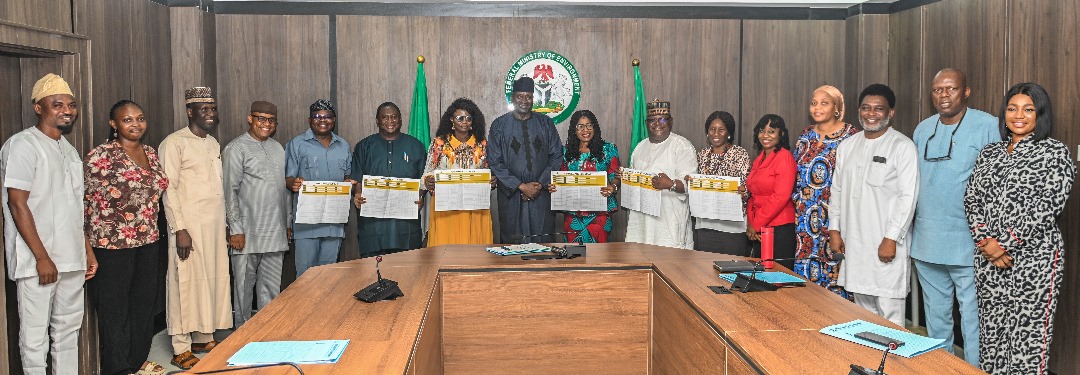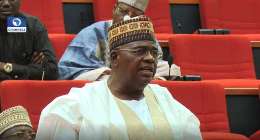Senate Moves to Streamline’s NEXIM, Insurance Laws in Nigeria
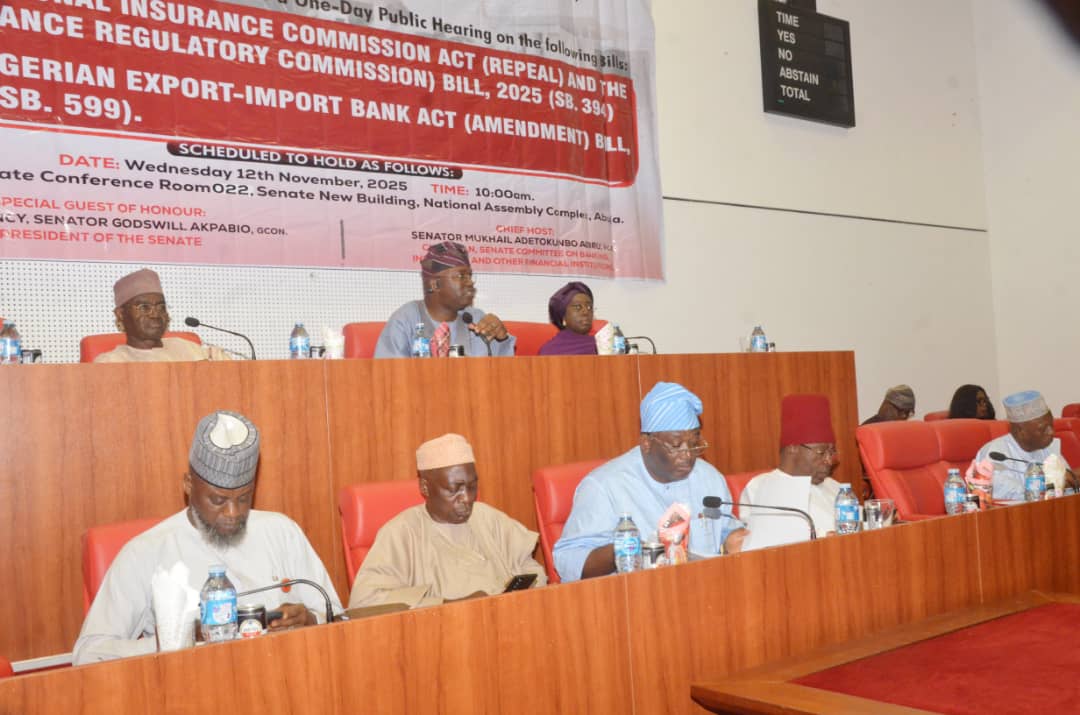
……..Stakeholders, Minister of Trade and Investment Dr. Jumoke Oduwole Back Overhaul, Demand Clear Institutional Realignment and Recapitalization
By Fatima Saka
The Senate on Wednesday reaffirmed its commitment to strengthening Nigeria’s financial system through robust legislative reforms, as it hosted a public hearing on two critical bills, the Nigerian Export-Import Bank (Amendment) Bill, 2025 (SB. 599) and the National Insurance Commission Act (Repeal) and Insurance Regulatory Commission Bill, 2025 (SB. 394).
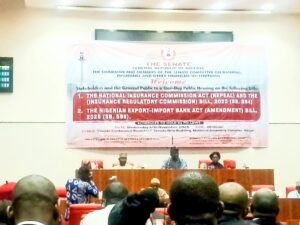
Presiding over the session, Chairman of the Senate Committee on Banking, Insurance and Other Financial Institutions, Senator Mukhail Adetokunbo Abiru (FCA), said both bills were designed to modernize outdated financial laws and position Nigeria’s institutions for sustainable economic growth in a rapidly evolving global environment.
Abiru emphasized that the Senate, through the two bills, sought to “strengthen the institutional and regulatory architecture of Nigeria’s financial system” and align it with global best practices.
“Effective lawmaking is never a solitary activity; it is a collective endeavour that draws from the wisdom and experience of those directly impacted by our laws,” Abiru said. “These bills reflect the Senate’s commitment to supporting economic reforms, strengthening institutional efficiency, and enhancing governance and transparency.”
The senator noted that the existing NEXIM Act, enacted in 1991, had become obsolete, unable to address current trade realities, technological shifts, and financing models that now define global export markets. The amendment, he said, would “reposition the Bank to perform more effectively its critical role of promoting exports and facilitating trade finance in Nigeria.”
Similarly, the National Insurance Commission (NAICOM) Act (Repeal) and Insurance Regulatory Commission Bill seeks to overhaul the country’s insurance framework, replacing the 1997 law with a more robust and responsive regime that reflects the digital era, fintech innovations, and international regulatory benchmarks.
Dr. Oduwole Backs Bill, Calls for Legal Realignment and Recapitalization of NEXIM
The Minister of Industry, Trade and Investment, Dr. Jumoke Oduwole, MFR, in her presentation, threw the ministry’s weight behind the NEXIM amendment, stressing that the bank must be repositioned and recapitalized to effectively deliver on its export promotion mandate.
Dr. Oduwole explained that NEXIM’s current supervisory arrangement under the Ministry of Finance has created operational and policy misalignments that limit its capacity to drive Nigeria’s trade ambitions.
“To strengthen the Nigerian Export-Import Bank and align its operations with the country’s trade policy agenda, it is imperative that the bank be legally transferred to the purview of the Ministry of Industry, Trade and Investment,” she stated. “This will ensure coherence between trade policy formulation and export financing.”
The minister advocated for NEXIM’s recapitalization through annual export revenue allocations, emphasizing that a well-capitalized export credit agency would be pivotal to achieving Nigeria’s $1 trillion economy target and maximizing opportunities under the African Continental Free Trade Area (AfCFTA).
“Recapitalizing NEXIM will empower it to support export-led growth, facilitate public-private partnerships, and attract foreign direct investment,” Dr. Oduwole added.
Stakeholders Align with Reform Agenda
The Nigerian Council of Registered Insurance Brokers (NCRIB), represented by its President, Mrs. Nkeoma Ezeibe, commended the proposed Insurance Regulatory Commission Bill, describing it as a timely intervention that would strengthen regulatory oversight, boost investor confidence, and expand insurance penetration nationwide.
“We are excited that after 28 years, our regulator is being repositioned to match contemporary realities,” Ezeibe said. “We urge the National Assembly to ensure that the new Commission is adequately empowered to enforce compliance and deepen insurance development in Nigeria.”
Senate Commends Consensus on Reforms
Closing the session, Senator Abiru applauded the broad stakeholder consensus that emerged from the hearing, describing it as “a strong indication of national unity around the vision for financial modernization and economic transformation.”
“It is gratifying that the positions expressed today reflect strong industry consensus,” he remarked. “This will greatly assist the Committee in crafting a forward-looking, inclusive, and impactful legislative report for Senate consideration.”
READ ALSO: Group blames rising gender-based violence in Anambra on lack of data, shelters
OGITECH Stresses Youth Health as Catalyst for National Development
He assured participants that all submissions would be carefully reviewed to guide the Senate in producing reform-driven and inclusive legislation.
The public hearing, held at the National Assembly Complex in Abuja, drew participants from the financial, trade, and insurance sectors, including lawmakers, regulatory agencies, industry associations, and experts, all united in their call for stronger institutions to power Nigeria’s economic renewal.

